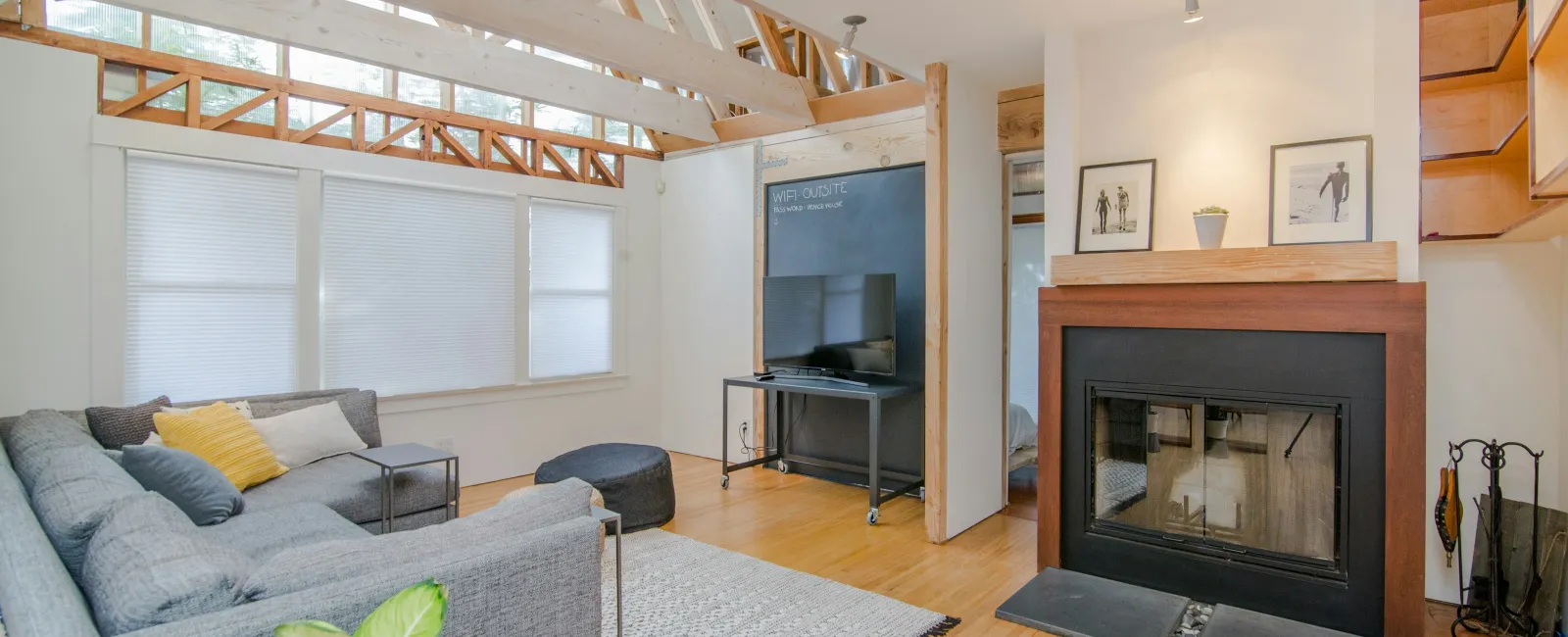What do we mean when we ask, "Is 60 humidity too high in a house?" Simply put, this question addresses the percentage of water vapor present in the air inside your home, known as relative humidity. Managing indoor humidity is crucial for maintaining a comfortable, healthy living environment and safeguarding your home against damage.
Is 60% Humidity Considered High for Indoor Environments?
Relative humidity (RH) measures how saturated the air is with water vapor. The ideal RH for a home is generally between 30% and 60%. When humidity levels rise above 60%, they are considered high and can lead to a variety of problems.
Why Worry About High Humidity?
High indoor humidity can make your living space feel stuffy and uncomfortable. More importantly, it can have several detrimental effects on both your health and your home, including:
- Health Risks: High humidity can exacerbate allergies and asthma as it promotes the growth of mold spores, dust mites, and other allergens.
- Damage to Home Structures: Excess moisture can lead to wood warping, peeling wallpaper, and the proliferation of mold and mildew.
- Increased Energy Costs: When high humidity, air conditioning systems have to work harder to cool the home, leading to higher energy bills.
Real-Life Impacts of Excessive Humidity
Consider a typical summer day in Alpharetta, when the humidity might spike to 63% or higher. Residents might notice foggy windows, musty odors, or a general feeling of dampness that no amount of air conditioning seems to mitigate. These are clear indicators that the humidity levels might be too high.
Managing Humidity Levels in Your Home
To keep your home comfortable and protect its integrity, it's crucial to manage humidity levels effectively. Here are some practical ways to reduce indoor humidity:
- Use Dehumidifiers: These devices can be particularly effective in basements or other areas prone to dampness.
- Ventilation: Improve air circulation with exhaust fans, particularly in kitchens and bathrooms where moisture levels are higher.
- Air Conditioning: Ensure your AC unit is appropriately sized and regularly maintained. Sometimes, simply changing a filter can improve its efficiency in controlling humidity.
- Houseplants: Some houseplants can help reduce humidity by absorbing moisture from the air. Opt for plants like Boston ferns or peace lilies.
Tips for Monitoring Humidity
Keeping an eye on humidity levels doesn't have to be complicated. An inexpensive hygrometer can measure indoor humidity levels, helping you maintain them within the desired range.
Is 60% Humidity Too High? Concluding Thoughts
In conclusion, while 60% humidity is at the upper threshold of what is considered ideal, the comfort level can vary depending on personal preferences and health needs. Regular monitoring and taking proactive measures to control indoor humidity can greatly enhance your living environment.
Are you experiencing issues with high humidity in your Sandy Springs, Marietta, or Alpharetta home? Contact The AIR Co. today to learn how our solutions can help you maintain optimal indoor humidity levels for a healthier, more comfortable home.




